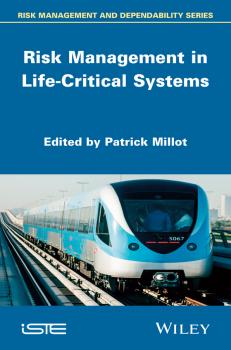Patrick Millot
Список книг автора Patrick MillotDesigning Human-machine Cooperation Systems
This book, on the ergonomics of human−machine systems, is aimed at engineers specializing in informatics, automation, production or robotics, who are faced with a significant dilemma during the conception of human−machine systems. On the one hand, the human operator guarantees the reliability of the system and has been known to salvage numerous critical situations through an ability to reason in unplanned, imprecise and uncertain situations; on the other hand, the human operator can be unpredictable and create disturbances in the automated system. The first part of the book is dedicated to the methods of human-centered design, from three different points of view, the various chapters focusing on models developed by human engineers and functional models to explain human behavior in their environment, models of cognitive psychology and models in the domain of automobile driving. Part 2 develops the methods of evaluation of the human−machine systems, looking at the evaluation of the activity of the human operator at work and human error analysis methods. Finally, Part 3 is dedicated to human−machine cooperation, where the authors show that a cooperative agent comprises a know-how and a so-called know-how-to-cooperate and show the way to design and evaluate that cooperation in real industrial contexts.
Risk Management in Life Critical Systems
Risk management deals with prevention, decision-making, action taking, crisis management and recovery, taking into account the consequences of unexpected events. The authors of this book are interested in ecological processes, human behavior, as well as the control and management of life-critical systems, which are potentially highly automated. Three main attributes define life-critical systems, i.e. safety, efficiency and comfort. They typically lead to complex and time-critical issues and can belong to domains such as transportation (trains, cars, aircraft), energy (nuclear, chemical engineering), health, telecommunications, manufacturing and services. The topics covered relate to risk management principles, methods and tools, and reliability assessment: human errors as well as system failures, socio-organizational issues of crisis occurrence and management, co-operative work including human−machine cooperation and CSCW (computer-supported cooperative work): task and function allocation, authority sharing, interactivity, situation awareness, networking and management evolution and lessons learned from Human-Centered Design.

